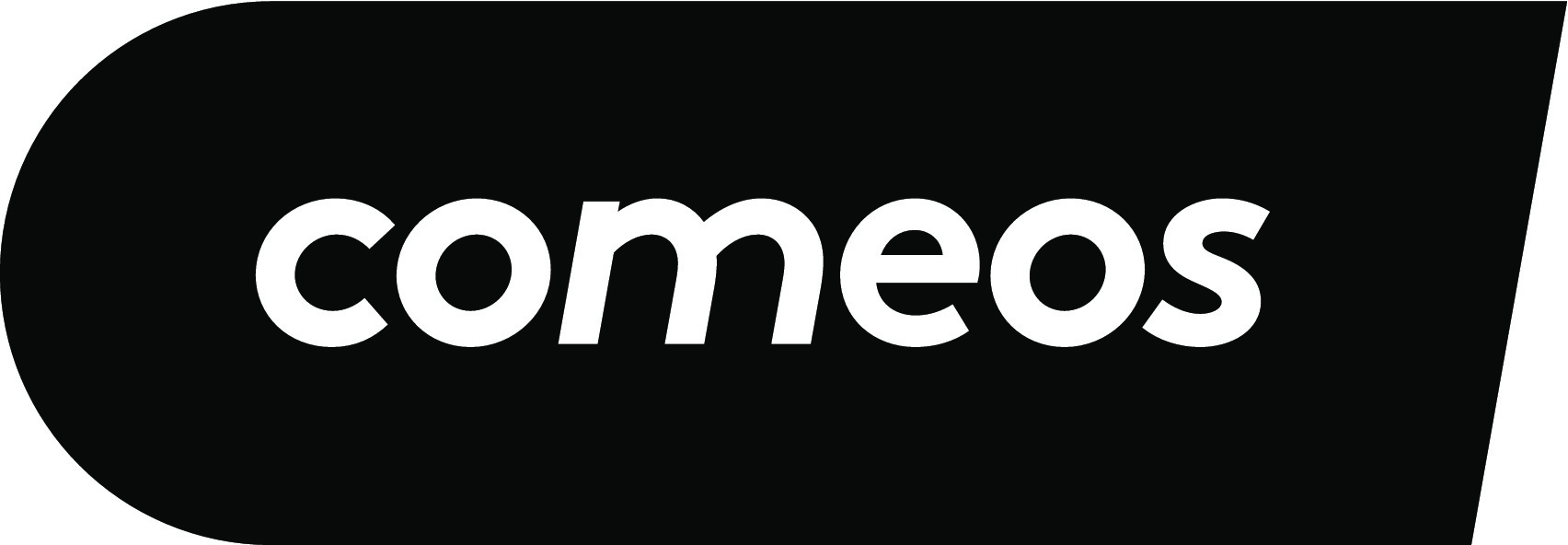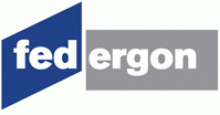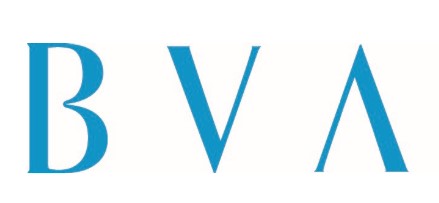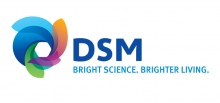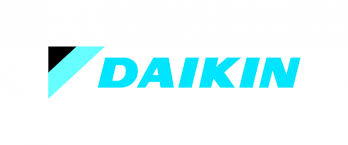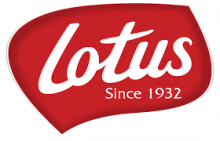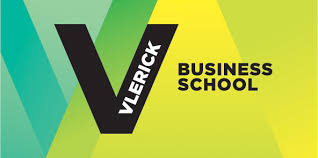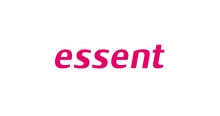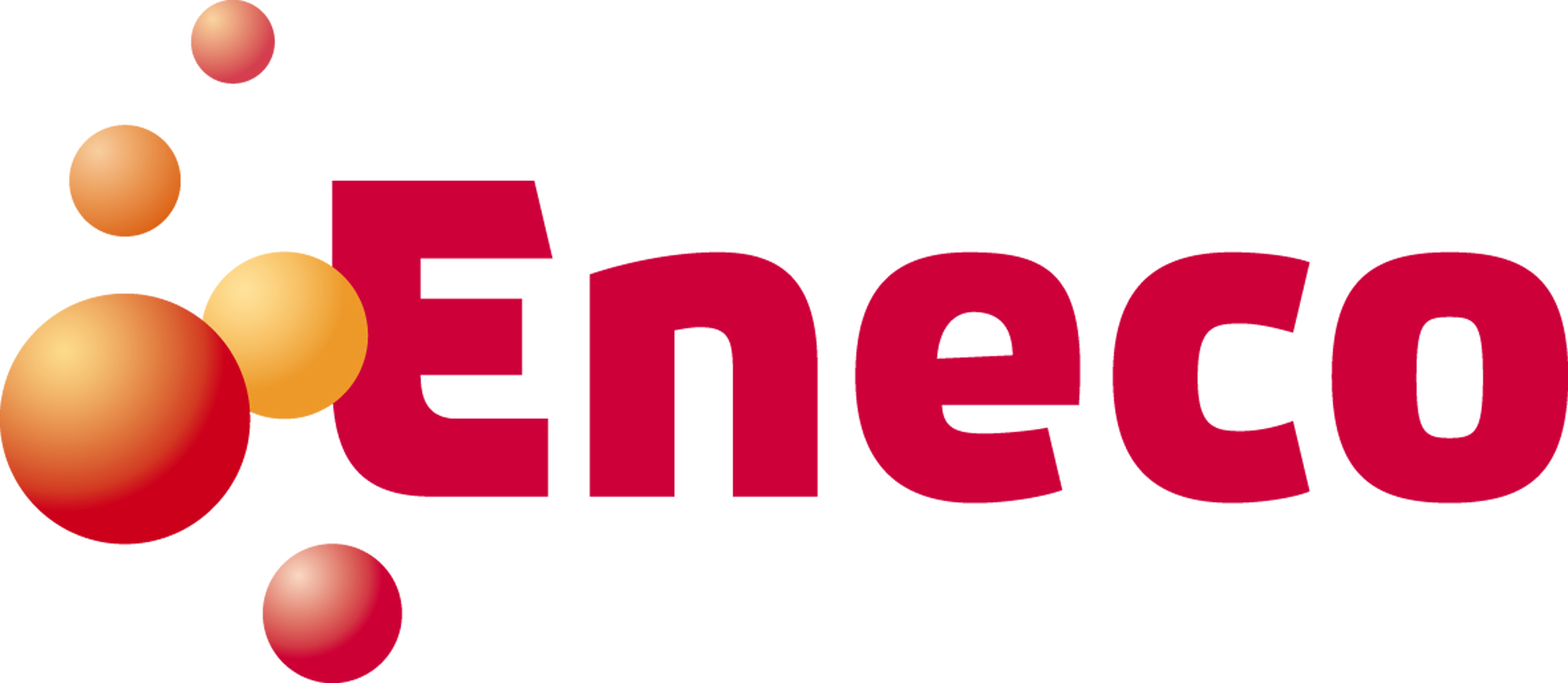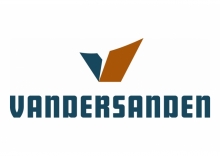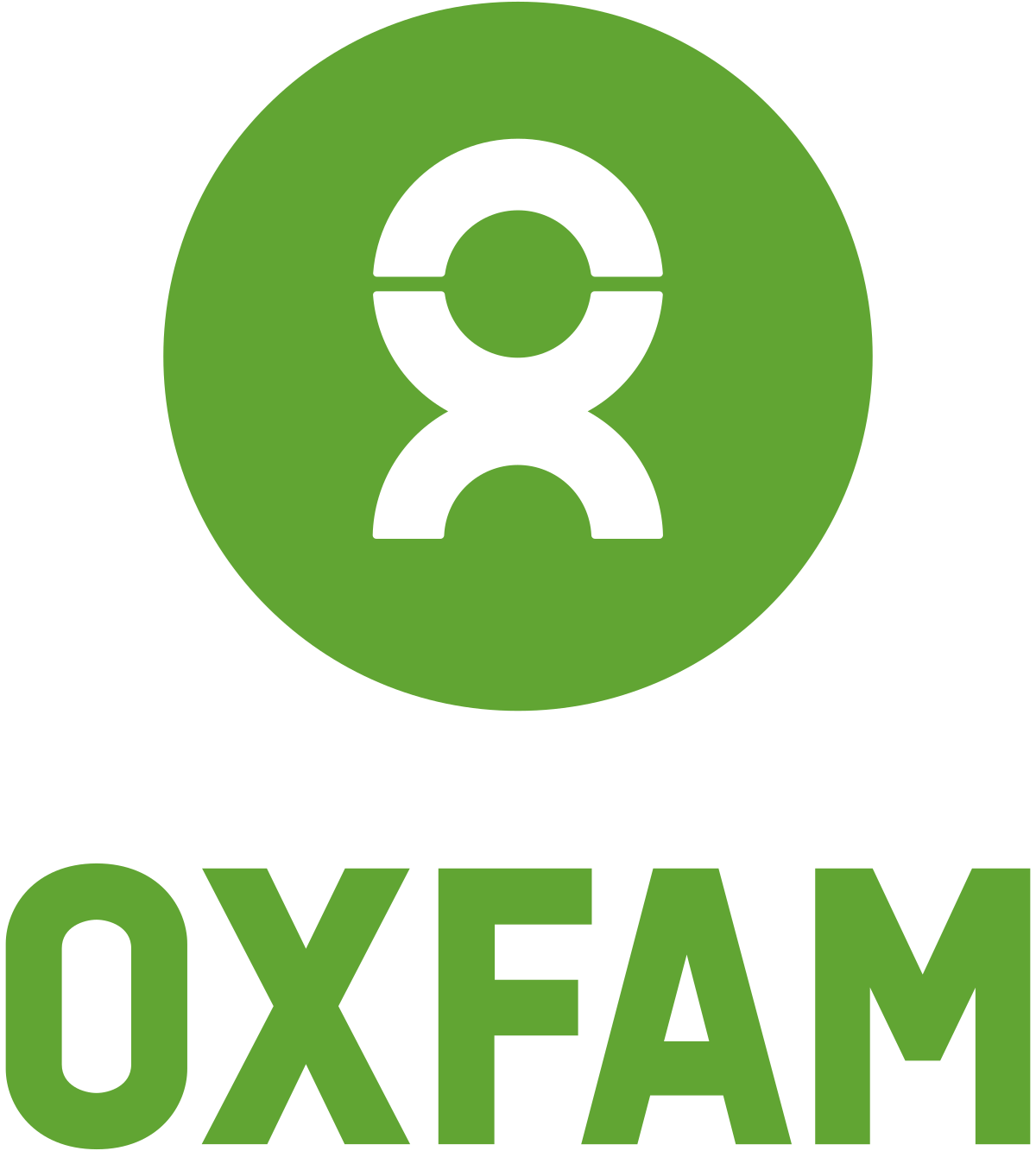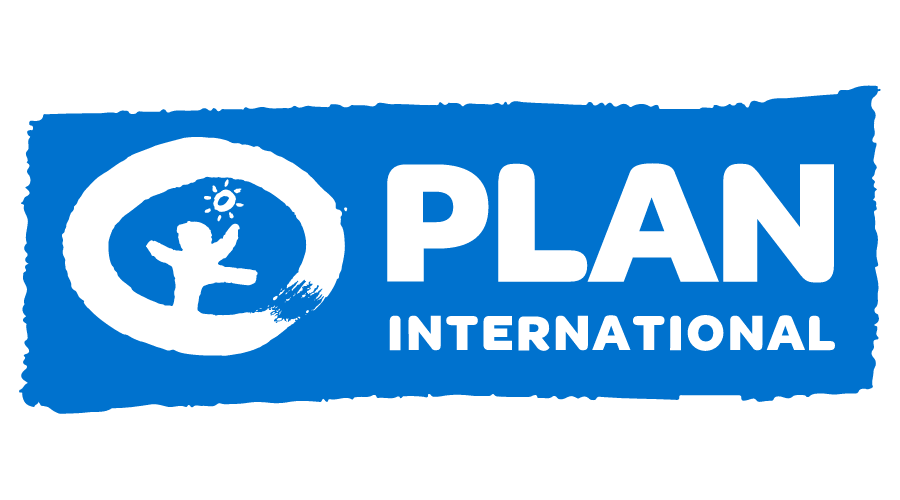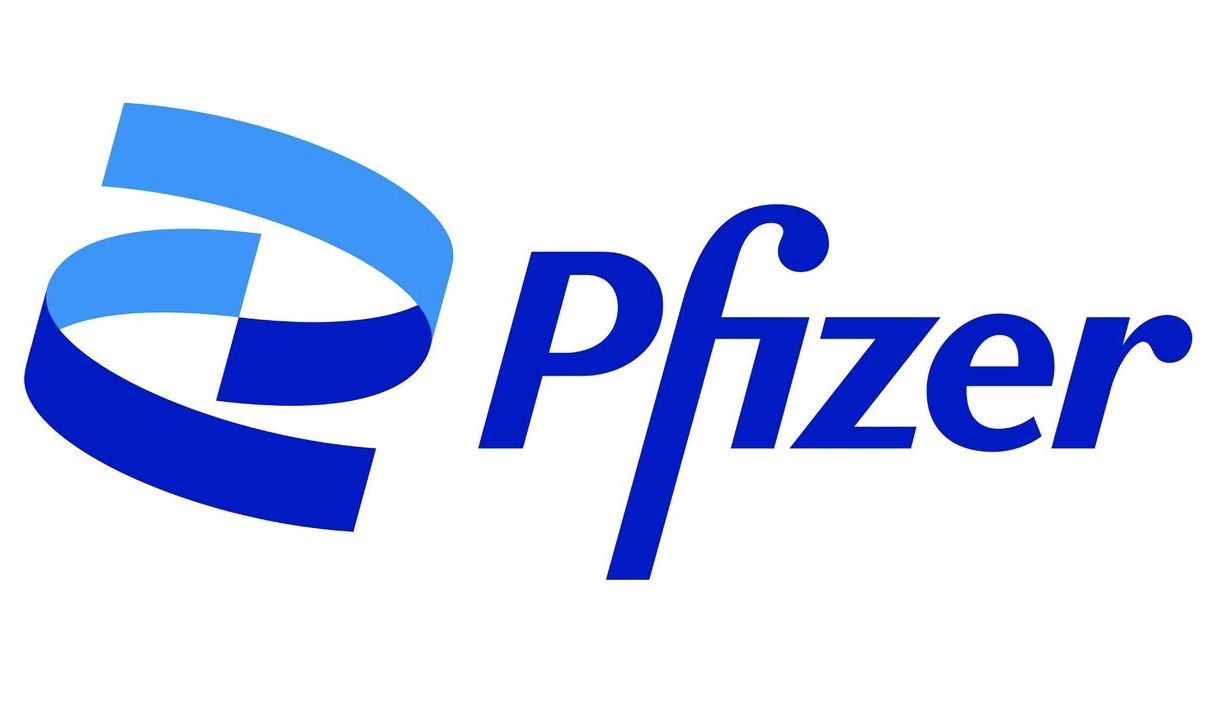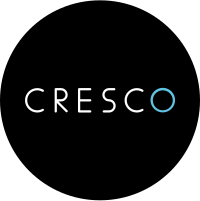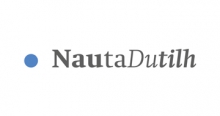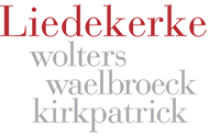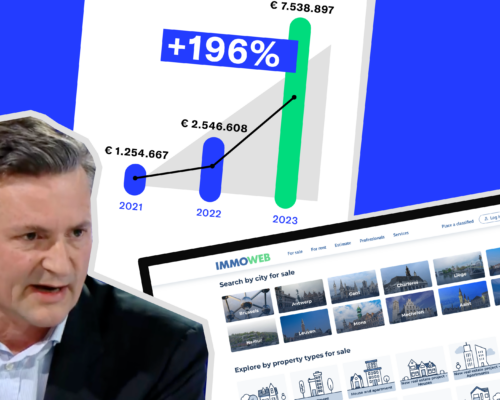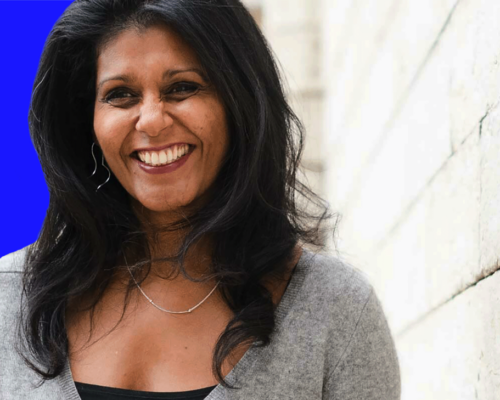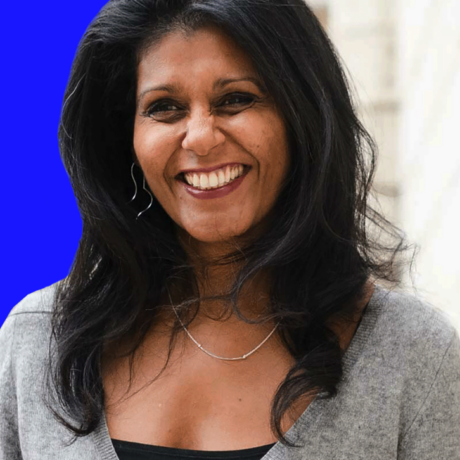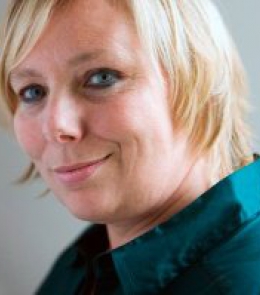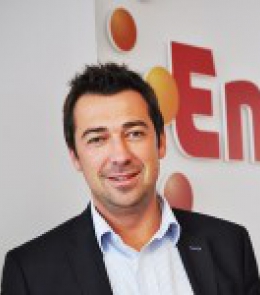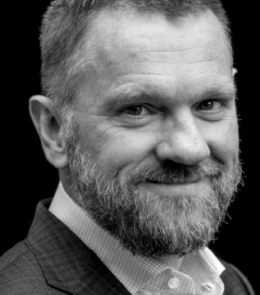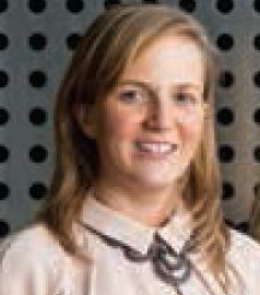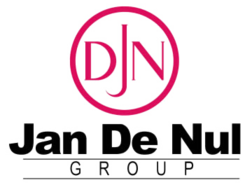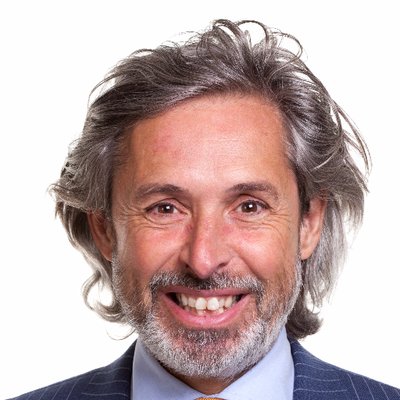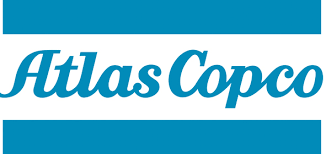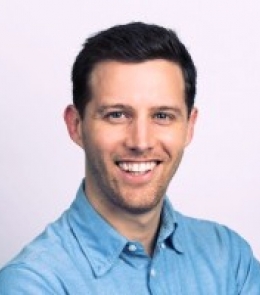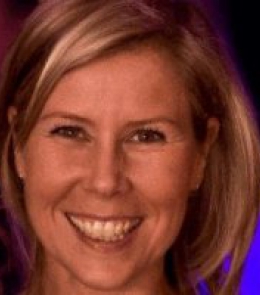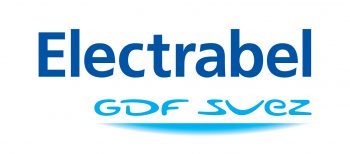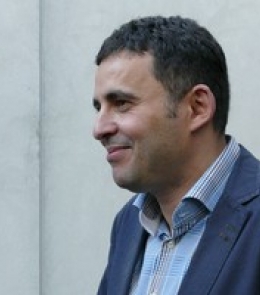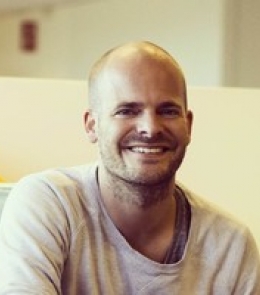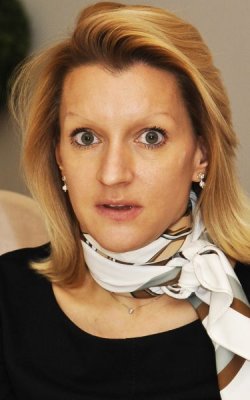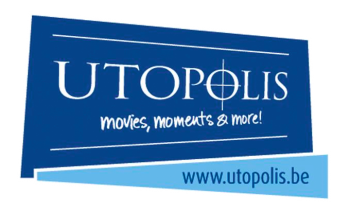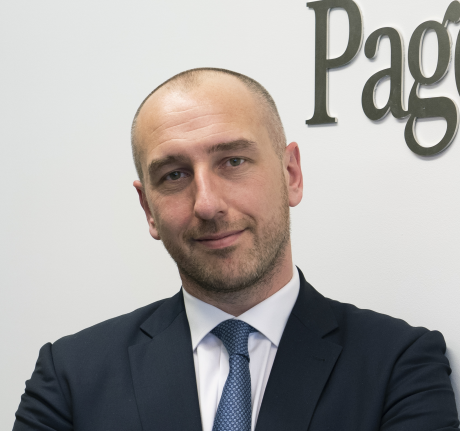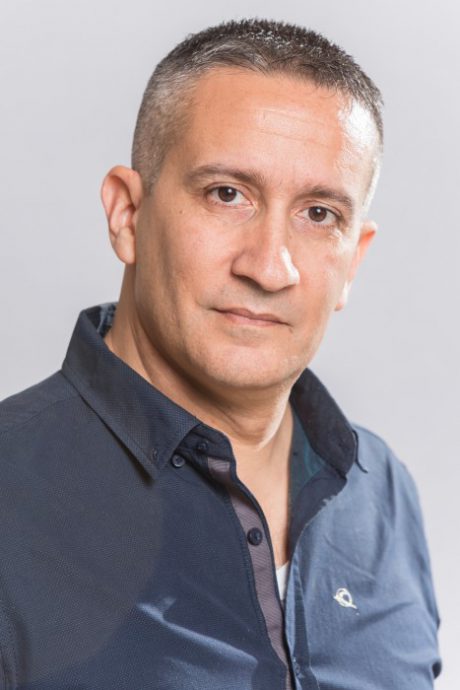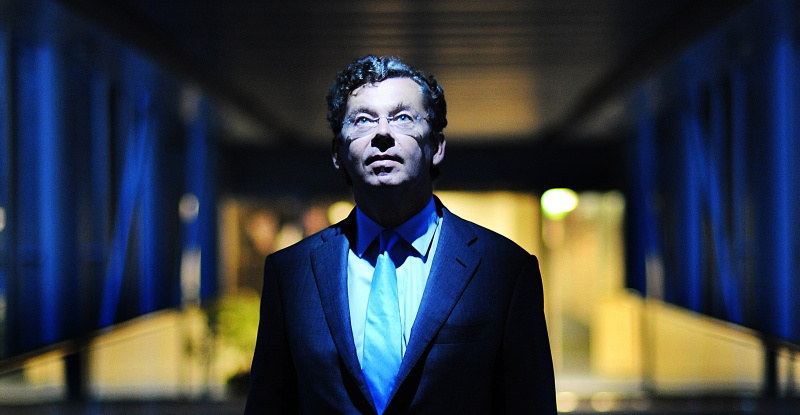Didier Bellens (Belgacom) succeeded Jean-Luc Dehaene and Pierre Mariani (former Dexia) as the country’s most talked-about top executive in 2012. This is according to the annual survey by FINN and Auxipress, which reviews the number of mentions of Belgian CEOs in the media. Bart Verhaeghe (Uplace) takes second place. Completing the top five are Pierre-Olivier Beckers (Delhaize), Albert Frère (GBL) and Karel De Boeck (Dexia).
While it is obvious that Wouter Torfs has fallen from the top of the list, Frère and Bellens are consolidating their position as strongholds of the Belgian economy. What is particularly striking is that combative CEOs and entrepreneurs are doing well.
While 2011 turned out to be the year of banking scandals, 2012 is the year of the entrepreneur. The press is feasting on entrepreneurial stories. Perhaps this is because, in times of crisis, they hold the promise of growth, progress and optimism. Success stories give people hope. Stories from entrepreneurs like Sebastien Dehalleux (Playfish), Dries Buytaert (Drupal) and Davy Kestens (Twitspark) offer people perspectives.
Kristien Vermoesen, Managing Partner FINN
Methodology
Auxipress listed press appearances (print, and for the first time also radio & TV appearances) of the main Belgian companies and business leaders between 30/11/2011 and 1/12/2012.
The parameters used are:
- Articles: the number of articles in which the business leader is mentioned
- Interviews on radio & television
- Mentions of the company
If you take the 2011 report, you will notice that Auxipress has refined the list compared to last year. This results in a much higher number of press articles per CEO, so you cannot make a 1-to-1 comparison with last year. However, since last year’s searches were representative, it is possible to compare the positions with those of last year – for instance, it is obvious that Wouter Torfs has dropped from the top of the list, which is in line with our instincts.
This year, for the first time, a split was also made between the Dutch-language press and the French-language press, and television and radio appearances were also counted.
2012: The year of the entrepreneur
If 2011 was the year of banking scandals – and of the Dexia Commission – 2012 was, in the press, the year of the entrepreneur.
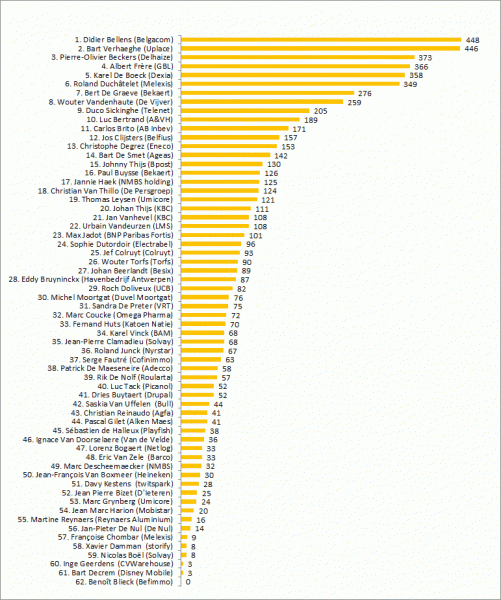
What you could sense over the course of the year is confirmed in the rankings: the press feasts on entrepreneurial stories – among the “Rock Star CEOs” of 2012, it is clearly noticeable how the press identifies companies with their founders.
This trend was already noticeable last year, but becomes all the more pronounced in the case of technology start-ups: Dries Buytaert with Drupal, Xavier Damman with Storify, Davy Kestens and Twitspark, Inge Geerdens and CVWarehouse, and of course: Urbain Vandeurzen, who this year sold his brainchild LMS to Siemens.
The category of founders and entrepreneurs also includes Bart Verhaeghe, the polarising entrepreneur who dominated the news columns for a large part: with his grand shopping project Uplace, but also with his power grab at football club Club Brugge.
What is the press’ fascination with entrepreneurs in 2012? Perhaps because they hold the promise of growth, progress and optimism. And of course: with their dogged drive to win (Verhaeghe, Vandenhaute and Duchâtelet) comes a natural tendency to make tough statements. ‘Four is going to redraw the TV landscape’. ‘Uplace is coming’.
The media is often accused of being focused only on negative news, but that has not been my experience. The media are looking for stories that confirm trends, but when trends become too dominant, they also actively look for counterpoints. In times when the double dip recession dominates the news, and Greece and Spain dominate newspaper columns and news reports, stories from optimistic, visionary entrepreneurs are very welcome.
Undeniably, the media love to report on combative CEOs and entrepreneurs, and especially: visionary winners (Dries Buytaert, Inge Geerdens, Sébastien de Halleux). Quote from LinkedIn’s Reid Hoffman: “… to be successful, you have to be contrarian – and right.”
It seems to me that this is also how the press looks at CEOs and entrepreneurs. Contrarian statements are gladly recorded, as long as the CEO in question can achieve success.
How CEOs should position themselves in media in 2013
What that means for CEOs and business leaders is, in our view, 2012’s quest for growth and vision will spill over to large companies.
Whoever can position themselves as an ‘entrepreneurial CEO’ in 2013 – whoever can show that their big company is capable of energetic, visionary and innovative work – will, in our opinion, answer a need within the media, which are always looking for opinion leaders to embody new trends. In my opinion, whoever can position themselves in that niche as the first and the best will have a good chance of having great and lasting press coverage.
Moreover, the macroeconomic prospects for 2013 are somewhat more favourable (although it could be over tomorrow). It may be that the heightened focus on smaller companies was only there were no stories of growth and visionary winners to be found among the larger ones. When those are to be found again, the smaller entrepreneurs may well, just as speedily, be swept off the front pages again to make way for the ‘big boys’.
Things are moving fast at the top
The top five have undergone a thorough shake-up – no more Jean-Luc Dehaene and Mariani, in their place come Karel De Boeck (Dexia Holding) and Jos Clijsters (Belfius, formerly Dexia Bank).
Marc Coucke also sinks in the rankings, being replaced as entrepreneur/sportsman by Bart Verhaeghe. Pierre-Olivier Beckers, the CEO of Delhaize has made an impressive jump, moving up from 13th to third place with more than 1,000 mentions in the press. Didier Bellens and Albert Frère remain untouchable at the top of the rankings.
CEOs in media: differences between Dutch and French language media
Broadly speaking, we see the same picture as last year, but there are important regional differences.
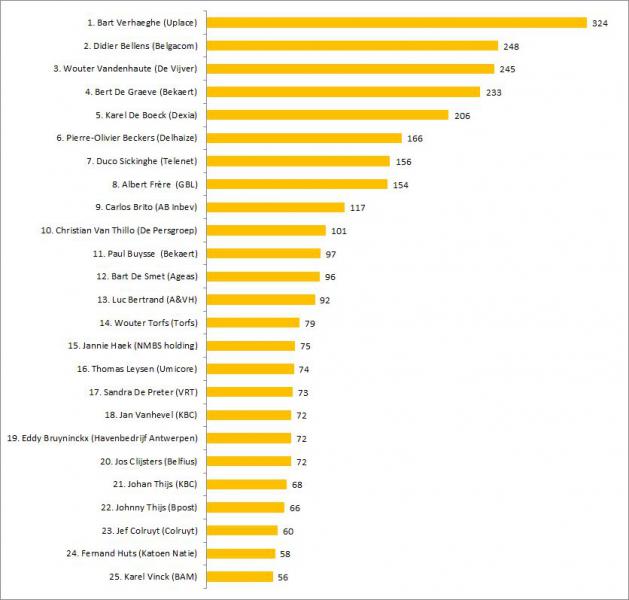
For instance, Roland Duchâtelet leads in the French-speaking part of the country, while Bart Verhaeghe and Wouter Vandenhaute dominate the Dutch-speaking part of the country. All three are entrepreneurs, and all three have a solid basis in sports.
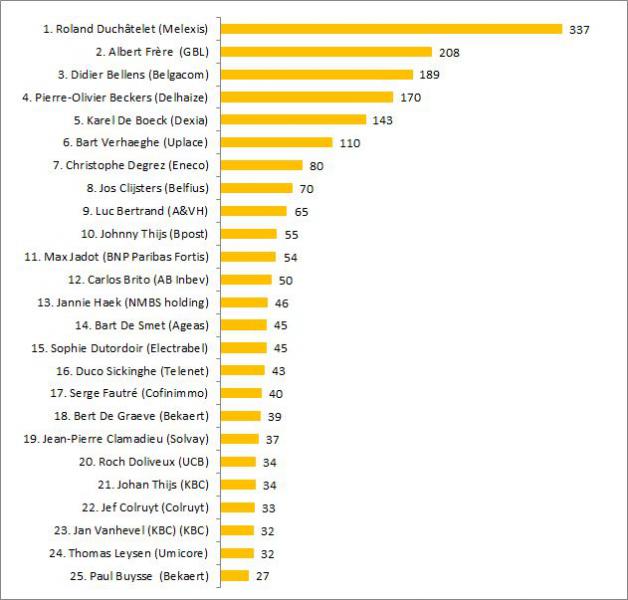
However, there are also clear regional differences when it comes to interest in so-called “crown jewels”. Bekaert (Bert De Graeve and Baron Buysse) are mentioned almost 10 times more in the Dutch-language press than in the French-language press.
In the Dutch-speaking part of the country, De Graeve finishes easily in the top 5, while in the French-speaking press he only just makes it into the top 20. In our daily practice, too, we see that the Dutch-speaking and French-speaking press often have completely different agendas.
The only names to enter both top five rankings are Didier Bellens and Karel De Boeck.
Television and print: not the same thing
What also stands out very clearly: different laws govern television and print. Besix’s Johan Beerlandt only comes in at 27th place when it concerns mentions in print media, but on television he is the undisputed number one. Beerlandt announced in spring this year that he is looking for a successor to lead Besix, one of the country’s largest unlisted companies.
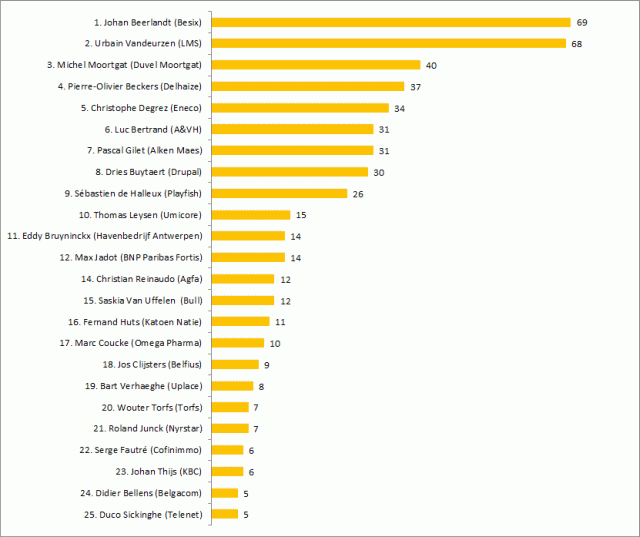
Again, young wolves like De Halleux and Buytaert do very well, by the way – perhaps because their appeal transcends that of the business press and becomes a human-interest story. For instance, there was a report on ‘Telefacts’ about young entrepreneurs.
CEOs in detail
Bart Verhaeghe
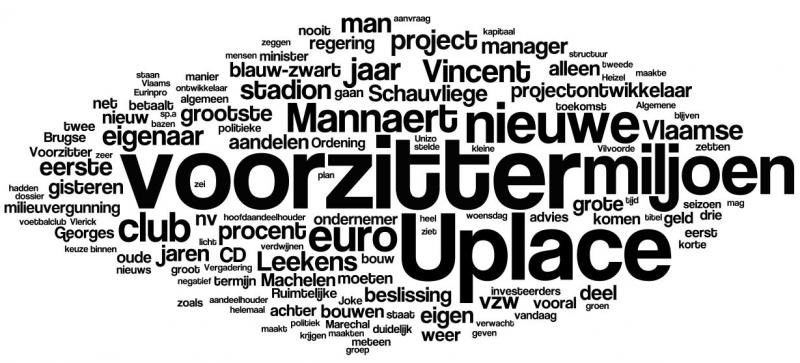
If one man dominated the public debate, it was Bart Verhaeghe, the man who wants to turn a large brownfield site under the Vilvoorde viaduct into a controversial shopping paradise – as well as comprehensively restructuring Club Brugge.
Interestingly, Verhaeghe is not so much labelled as an ‘entrepreneur’ in the press, but rather as a ‘project developer’. And although Uplace was an extremely important dossier for the Flemish government, it appears that Club Brugge is still fetching a bit more coverage.
The name ‘Mannaert’ is also conspicuous, since it is more prominent than that of Leekens, the ex-coach of Bruges. To the press, Verhaeghe and Mannaert are the figureheads of the new, management-driven Club Brugge. With the word ‘million’, it is unclear whether it is mainly about Uplace, or Georges Leekens’ severance pay.
Johan Beerlandt: big, big, biggest
Beerlandt is clearly of the ‘discreet CEO’ type. His word cloud is all business: Australia (where Besix went hunting for takeover prey), millions, shares (Beerlandt is a co-shareholder in Besix) and – literally – the words ‘big’, ‘big’, ‘biggest’. Once again, he featured quite prominently in the media this year and the reason was the fact that in April he announced he was looking for a successor.
And by the way, it looks like we will hear more from Beerlandt in 2013: according to some newspapers, Beerlandt is in the running to succeed Roger Vanden Stock as chairman of Anderlecht Football Club. Besix was already a partner in the construction of Anderlecht’s stadium. De Morgen wrote that the only downside to his candidacy was “his preference for working in the shadows”.
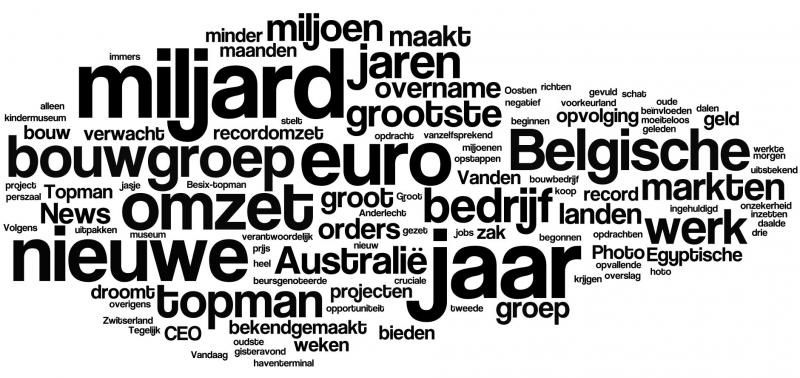
Pierre-Olivier Beckers (Delhaize): financial
Looking at Pierre-Olivier Beckers’ word clouds, one notices that he falls into the ‘financial CEO’ category. Unlike most of his peers in the top five most mentioned CEOs, there is little in the way of human facets in his word cloud. It is about profits, jobs, margins, shares, millions and percentages, and the disappointing results of Delhaize subsidiary Food Lion in the US (for Beckers, we give both the French and Dutch word clouds):
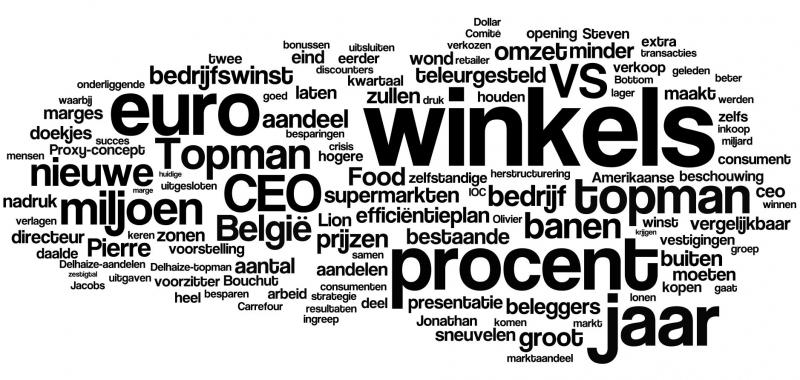
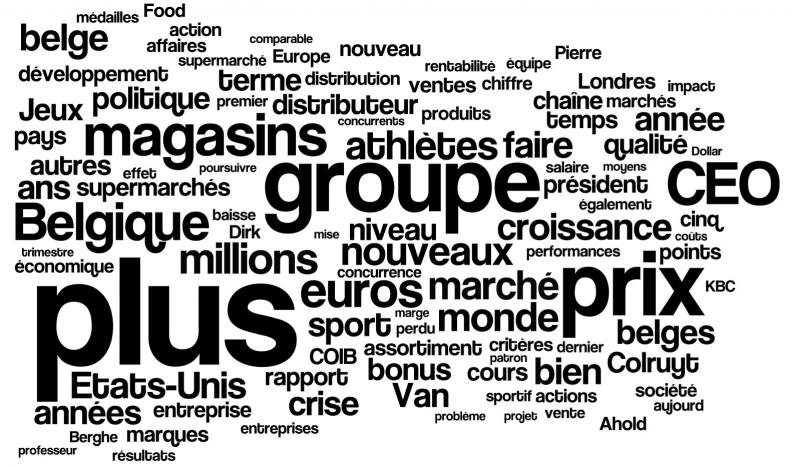
This may be a deliberate strategy by the company to put the CEO forward as a kind of mouthpiece to shareholders: after all, Delhaize is listed on the stock exchange and has to follow strict rules when it comes to communicating results.
That strategy naturally has implications in terms of image – both in terms of Beckers’ person and that of Delhaize. For instance, Beckers is only 29th on the list of ‘Rockstar CEOs’: although in absolute numbers he is mentioned very often, as a person he remains rather a grey figure, who for journalists apparently brings little ‘weight’ to the company. This is not necessarily a reflection of reality – but the media simply likes figures that also have a human side to them.
Wouter Torfs: the focus is on shoes again
Public favourite of 2011 was undoubtedly Wouter Torfs. We wrote then that Torfs had a grand cru year. In his word cloud, there was in particular, lots of room for words like “employees”, “stress”, “mindfulness”. “Not a CEO, but a guru,” we said, and so we were looking forward to the sequel in 2012. In 2012, the media showed again that “what goes up must come down”. Torfs got involved in a polemic around headscarves in his shop after a radio interview, and this also shows in his 2012 word cloud, with words like headscarf and even: radio.
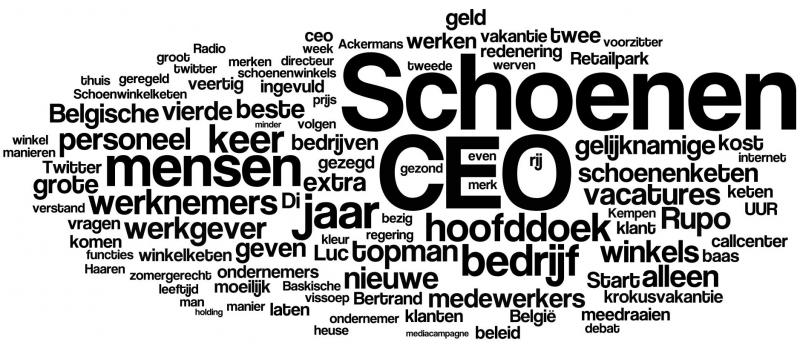
The focus at Schoenen Torfs in 2012 is again on the shoes, and less on Wouter Torfs. It is also notable that Torfs stood at 53% in the “rockstar index” last year, and drops back to 11% this year. It can hardly be anything other than that is the result of a conscious decision to be less prominent.
In an interview with FINN in early 2012, Torfs already said that he was wary of overkill, and that in PR it was important to “… keep your ego in line”.
You have to develop a good compass, because if you say ‘yes’ to everything, you will go down fast indeed.
Wouter Torfs
So it seems as if Torfs’ compass warned him against overkill.
Wouter Vandenhaute: The Wall
2012 promised to be the year of Vandenhaute and De Vijver – with the re-launch of ‘Vier’ and the redesigned ‘Ronde van Vlaanderen’-, and in a way it has become just that. Not only is he one of the most talked-about CEOs; he is also very frequently mentioned in the same breath as the company he leads.
The press coverage of Vandenhaute is not entirely positive. There was quite a lot of negative attention given to the changes to the Tour of Flanders’ route (the deletion of the Muur van Geraardsbergen stands out in the word cloud). In his media year, ‘Four’ ends up getting a smaller spot than the Ronde and the Muur. A remarkably prominent place in his word cloud is reserved for his rival, according to some media his great role model, Christian Van Thillo.
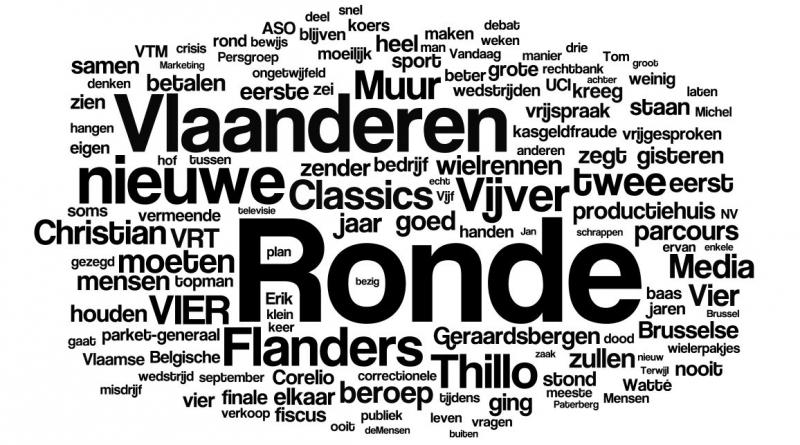
Roland Duchâtelet: “riches”
In the case of Roland Duchâtelet, it is likewise striking – just as with Verhaeghe and Vandenhaute – that associations with the world of sport receive a relatively large amount of attention in the press (see words such as ‘chairman’ (Duchâtelet is chairman of football club Standard), ‘football club’ and ‘Ron Jans’, former coach of Standard). Duchâtelet put a stop to his political activities this year to devote himself to his businesses – this, too, is reflected in the word cloud. In the French-language press, the word ‘riches’ stands out: recently, quite a few wealthy French people moved to Belgium for tax reasons. Duchâtelet turned out to be one of the few ‘rich’ who wanted to make statements about this in the press.
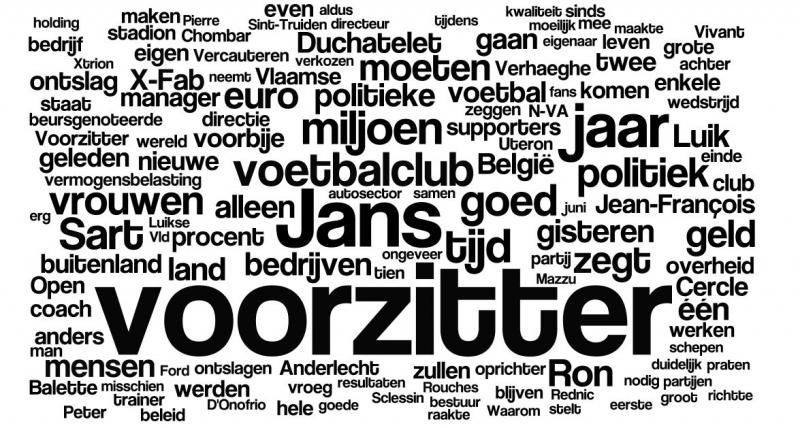
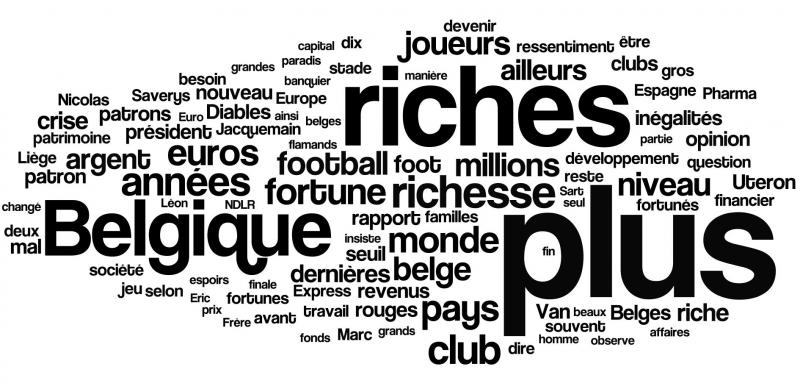
Didier Bellens: Fagard, toujours
The Fagard effect had still not been eliminated in 2012, as articles on Didier Bellens demonstrate: her name still crops up quite prominently in Bellens’ word cloud. This has to do with how media interpret news. New crises often refer to previous crises: “Bellens, who only last year was discredited by the Fagard affair,…”
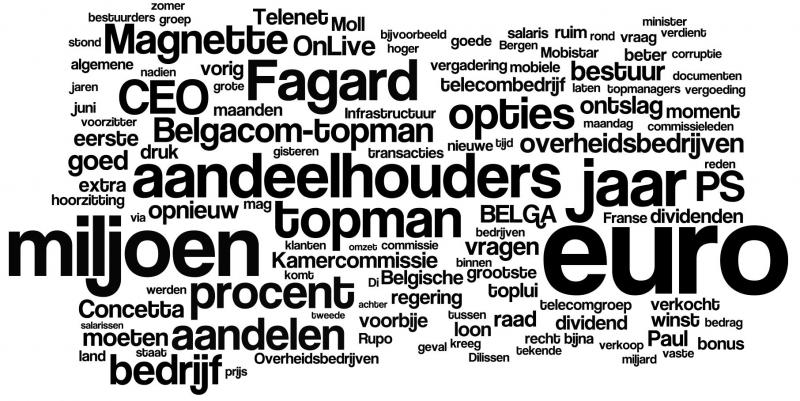
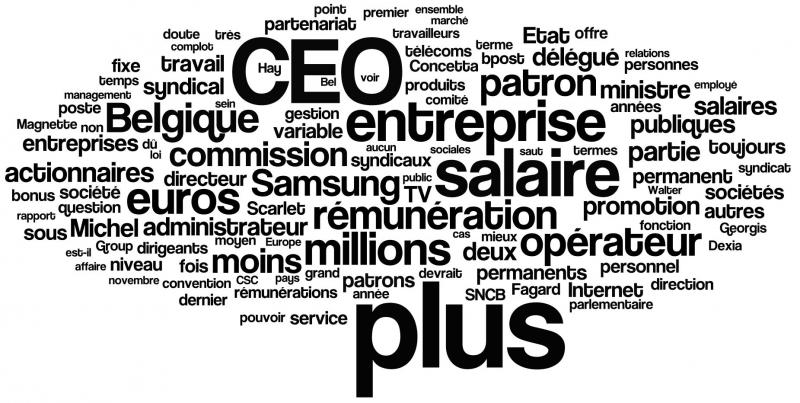
The word ‘dismissal’ also stands out: Bellens narrowly escaped being fired, but managed to convince his Board of Directors to keep him on board at the top at Belgacom. Hence the prominence of words like PS, Di Rupo and Magnette. Otherwise, Bellens remains the epitome of the bonus CEO: bonuses, shares, profits and shareholders predominate.
Entrepreneurs in Belgian media, 2012
What immediately stands out when you look at the word clouds of young entrepreneurs like Davy Kestens and Xavier Damman: the namedropping. Peter Thiel (PayPal), Sean Parker (Napster, Facebook, Spotify), Lorenz Bogaert (Netlog).
Words like ‘San Francisco’ and ‘Silicon Valley’ also spring to mind. Clearly, the young horde of entrepreneurs is getting a lot of credit in the press. Words like ‘innovation’ and ‘future’ also make an appearance. A dream is being sold here. As we said, the press is clearly in awe of this generation of ambitious and outspoken young entrepreneurs. They are a new, fresh story telling themselves.
For the press, this generation of entrepreneurs is also intimately linked with each other (with the exception of Geerdens, who is of a different generation) as in almost every interview with one you will find references to the others: De Halleux is an advisor in Storify and invested in Twitspark, but for the press, the kinship clearly goes beyond the purely financial.
Davy Kestens
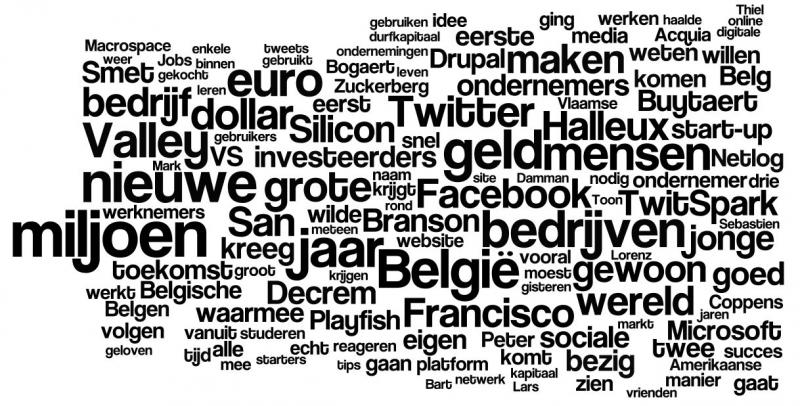
Inge Geerdens
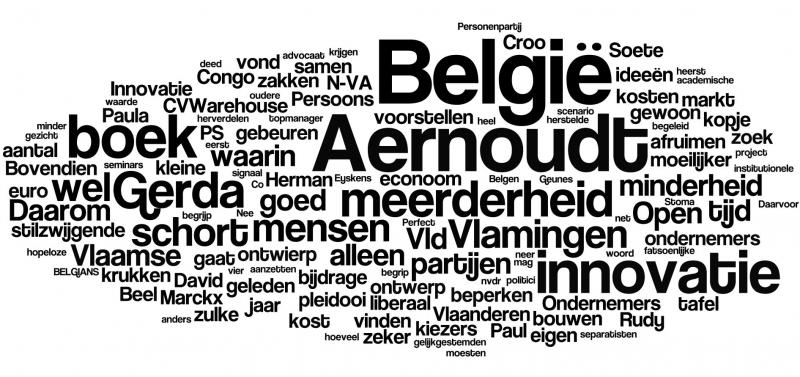
Dries Buytaert
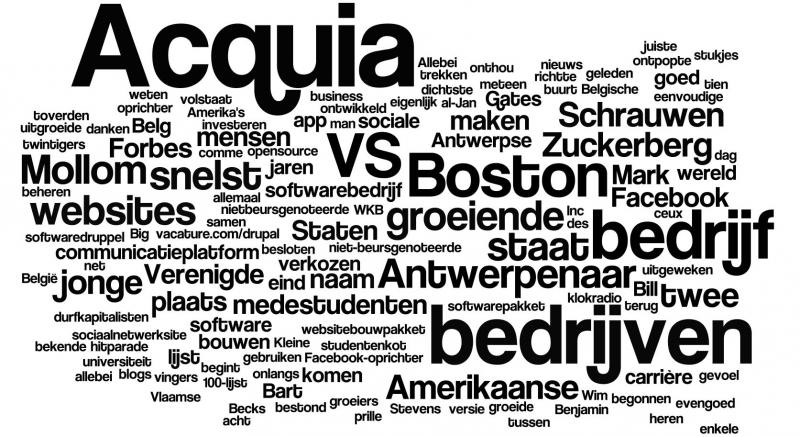
Sébastien de Halleux

Xavier Damman
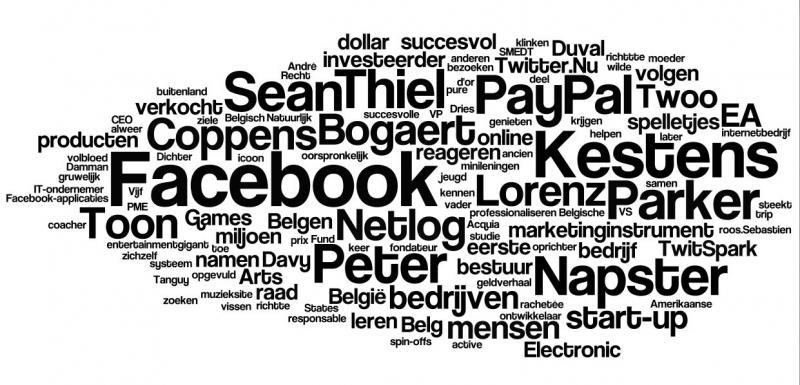
Methodology
As with any list, you can criticise this list (‘list’). Hence, we would also like to take a moment to explain why we make this list.
First, our experience shows that people like to get information through lists. As a PR agency, it would be particularly odd if we didn’t take advantage of that.
Second, we want a better understanding of how the media reports on companies and business leaders. The relationship between the image of companies and their top staff is a somewhat under-reported and murky phenomenon, which we would like to understand better through this ranking.
Both Auxipress and FINN are companies that attach great importance to objectivity and knowledge. Dealing with the media is our profession, so it is very important for us to be able to rely on objective data on media coverage of companies and business leaders. We are convinced that this exercise in ‘number crunching’ can indeed give us insights, and reveal new trends faster.
Finally: we share this list because knowledge sharing also fits into our corporate values. Our message to companies is always that they should be more transparent – more porous, by allowing more outside influences, but also by sharing their own knowledge more. So we like to lead by example in that.
Anyone with feedback can always post it in the comments, by email or on Twitter: @kris10vermoesen

